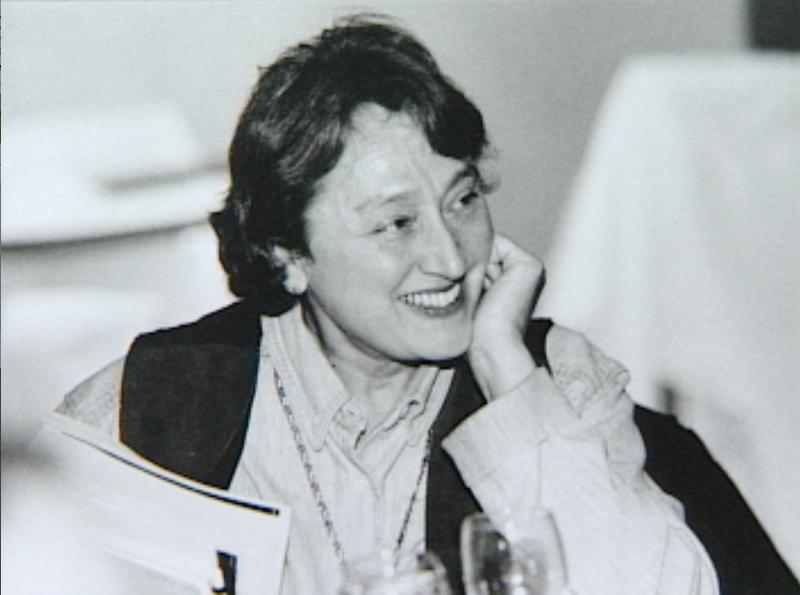Lynn Margulis was an American biologist and university professor who has pioneered important concepts in the fields of biology of cells and microbial evolution. She is best known for her theory on the origin of eukaryotic organelles.
Early life
Margulis was born in Chicago on March 5, 1938. She was the eldest of four daughters. Her father was a lawyer and also owned a company that developed thermoplastic material used to mark streets and highways. Her mother owned and operated a travel agency.
Education
At 15 years of age Margulis has completed her second year at Hyde Park High School and was accepted into an early entrant program at the University of Chicago, where she later graduated with an bachelor’s degree in Liberal Arts in 1957, when she was only 19 years old. In 1960, she received her master’s degree in genetics and zoology from the University of Wisconsin. After that she received her Ph.D. in genetics in 1963, from the University of California, Berkeley.
Achievements
In 1966 Lynn Margulis wrote a theoretical paper entitled “The Origin of Mitosing Eukaryotic Cells.” The underlying theme of her paper was interdependence and cooperative existence of multiple prokaryotic organisms; one organism engulfed another, yet both survived and eventually evolved over millions of years into eukaryotic cells. The paper wasn’t received well by scientific journals at first, but was later accepted by The Journal of Theoretical Biology. In modern endosymbiotic theory her paper is considered extremly important.
Margulis studied the question of how eukaryotes evolve and her answer was fully formulated and published in her book “Origin of Eukaryotic Cells” in 1970. Her endosymbiotic theory gained strong support in the 1980s, when the genetic material of mitochondria and chloroplasts was found to be different from that of the symbiont’s nuclear DNA.
Later life
Lynn Margulis died on November 22, 2011 at her home in Massachusetts five days after suffering a stroke.
Lynn Margulis quotes
“Evolution is no linear family tree, but change in the single multidimensional being that has grown to cover the entire surface of Earth.”
“Of all the organisms on earth, only bacteria are individuals.”
“There’s not a single chemical ability present in animals and plants that isn’t already present in bacteria. The only thing that makes an organism unique is the way it combines them.”

